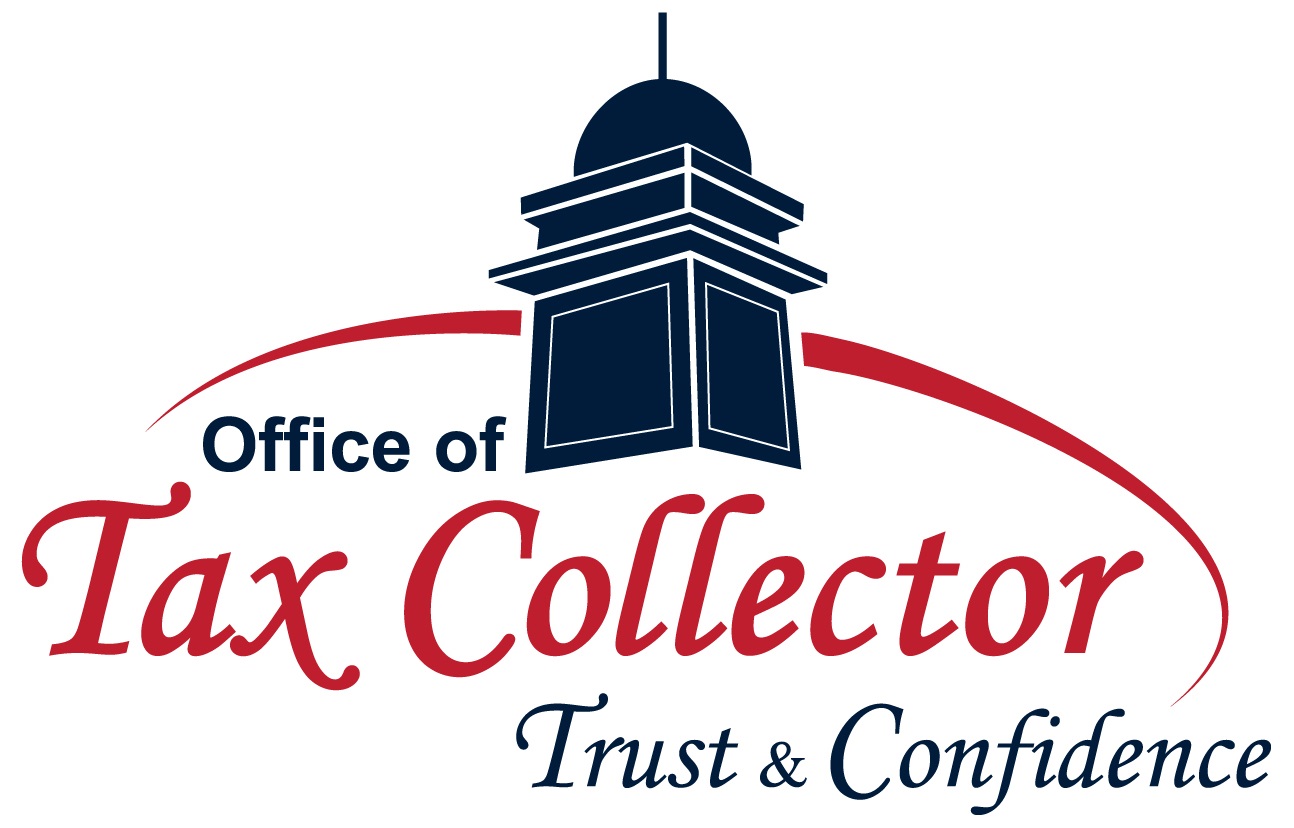A Brief History of Polk’s Tax Collector
Tax Collectors Wear A Badge And A Gun
With the establishment of Polk County in 1861 came the responsibility of collecting taxes. These were war-torn, pioneering times and the position of Tax Collector remained largely unfilled. As such, during Polk’s early years, the Sheriff was generally called upon to act, in addition to their regular duties, as Tax Collector, Tax Assessor (now referred to as Property Appraiser), Clerk of the Circuit Court, Surveyor, and/or Coroner, etc.
Tax Collectors Become Constitutional Officers
Florida’s Constitution of 1868 made first mention of the Tax Collector as a position of state responsibility by creating an Office of the Collector of Revenue in each of the state’s political subdivisions (counties). During this period Tax Collectors were referred to as “Revenue Collectors.” Revenue Collectors in this period were gubernatorial appointees who were selected to serve two-year terms.
Tax Collectors Become Elected Officials
In 1885, under Florida’s 5th Constitution, gubernatorial appointments were curtailed and Florida’s Legislature was required by law to provide for the election of “Tax Collectors” in each county. The legacy of having local electors in each county choose their Tax Collector continues to this day.
Tax Collectors Responsible For Providing State Services
Under Florida’s current Constitution and laws, the Tax Collector’s Office is responsible to the State of Florida for providing a wide range of services to the citizens and taxpayers of their county. These services consist primarily of the collection and administration of ad Valorem taxes, non-ad Valorem assessments, motor vehicle and vessel registration and title fees, driver licenses, occupational license taxes, tourist development taxes, and hunting and fishing license fees.
